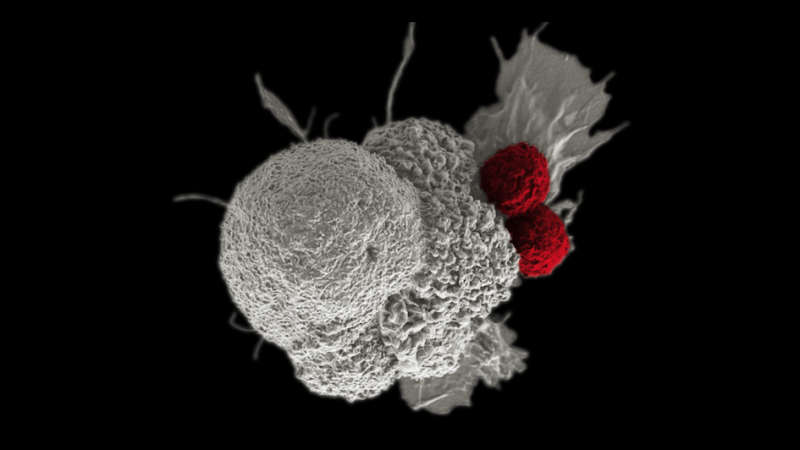
The Institute of Cancer Research (ICR) in London has reported that a combination of immunotherapies could be effective as first-line therapy for relapsed or metastatic head and neck cancer patients in a Phase III CheckMate 651 clinical trial.
The cocktail of immunotherapies, nivolumab and ipilimumab, is created to induce the immune system to fight cancer.

Discover B2B Marketing That Performs
Combine business intelligence and editorial excellence to reach engaged professionals across 36 leading media platforms.
Against traditional ‘extreme’ chemotherapy, the immunotherapy treatment led to longer survival in some advanced head and neck cancer patients.
Standard ‘extreme’ treatment comprises an aggressive combination of two chemotherapy drugs and targeted antibody therapy.
Funded by Bristol Myers Squibb, the Phase III trial enrolled a total of 947 subjects.
The results from the Phase III trial were not statistically significant but were clinically meaningful, ICR said.

US Tariffs are shifting - will you react or anticipate?
Don’t let policy changes catch you off guard. Stay proactive with real-time data and expert analysis.
By GlobalDataFurthermore, a positive trend in survival was observed in subjects receiving the immunotherapy combination versus ‘extreme’ standard treatment in programmed death-ligand 1(PD-L1)-expressing tumour patients.
Survival rates in subjects with increased levels of PD-L1, receiving the immunotherapy combination, were the highest ever recorded in a first-line treatment trial for relapsed or metastatic head and neck cancer, the institute added.
Even though the survival benefit failed to attain statistical significance, subjects on immunotherapy treatment had lesser side effects, signifying the potential to boost the quality of life of the patients.
The Institute of Cancer Research, London chief executive professor Kristian Helin said: “Immunotherapies are kinder, smarter treatments that can bring significant benefits to patients with advanced head and neck cancer, for example, by sparing them some of the difficult side effects of chemotherapy.
“These are promising results and demonstrate how we can better select the patients who are most likely to benefit from immunotherapy treatment.”
Another trial, CheckMate 141, led by ICR and The Royal Marsden researchers had demonstrated the efficiency of nivolumab alone in head and neck cancer.
Based on this data, the US Food and Drug Administration and the European Medicines Agency granted approval for the immunotherapy in 2016.





